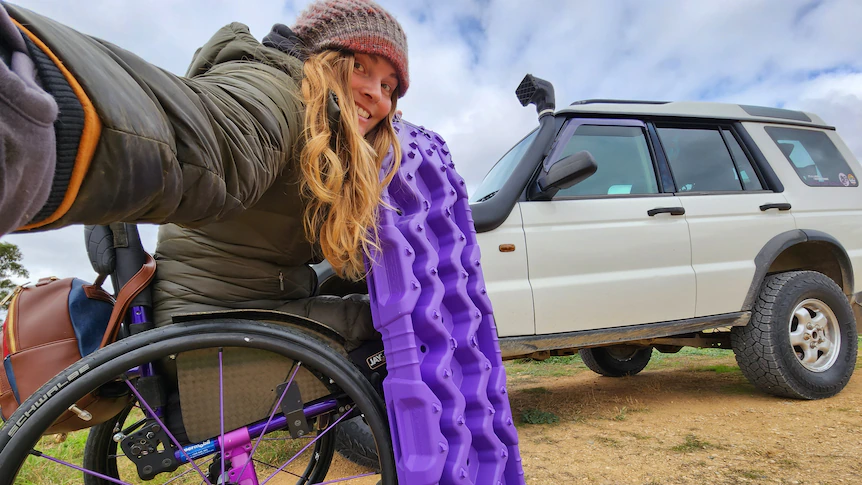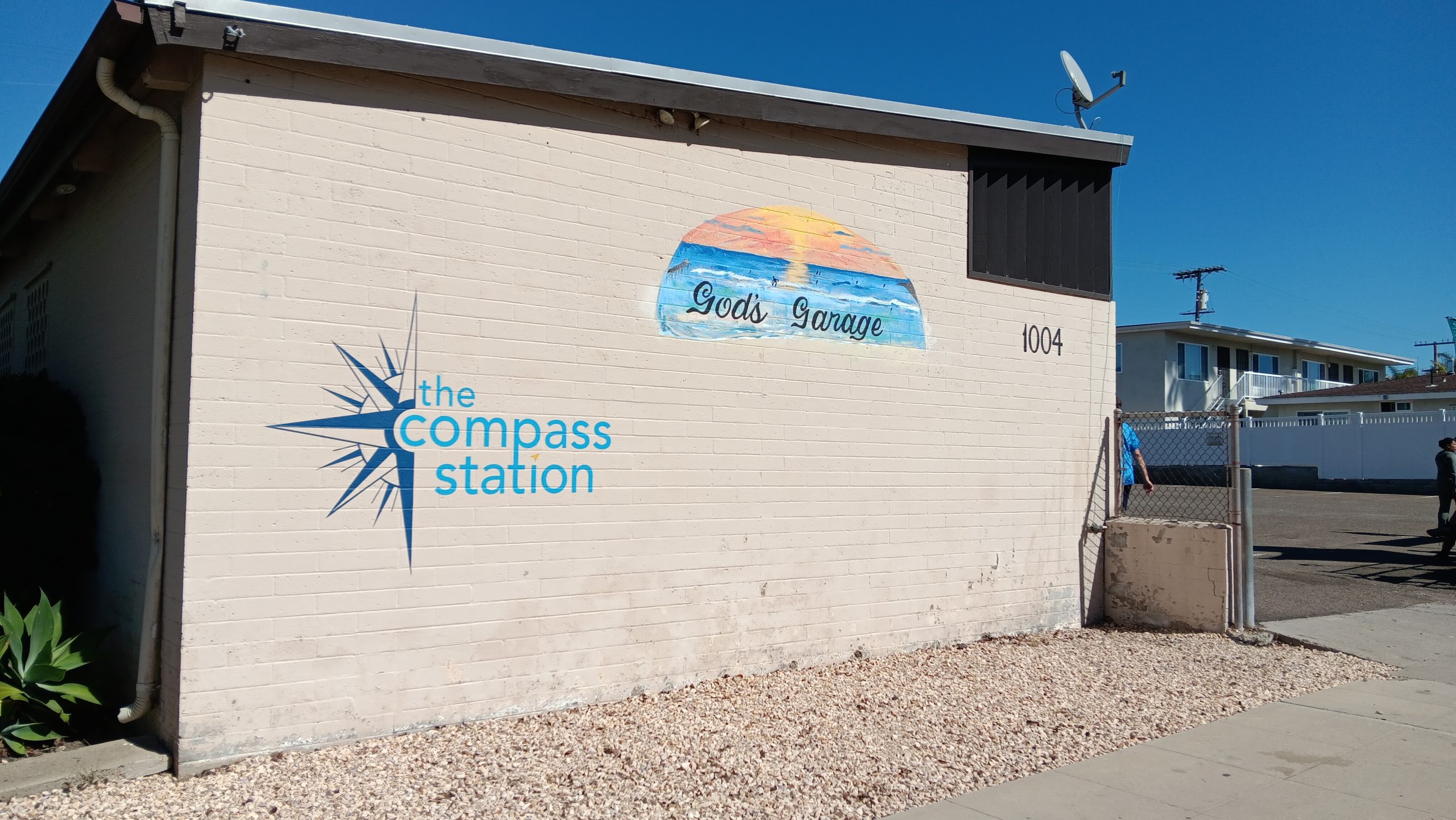Copyright abc

A friend's wedding nine years ago was the last time Leonie Dean used her legs to dance. The next day, when she was at a shopping centre picking up cat litter, her legs buckled beneath her and she fell. It was like they "just stopped working". Now a paraplegic, Ms Dean, 40, today knows she lives with Functional Neurological Disorder (FND). Before that day at the shops, she had been building a house and working as a spray-painter, although she had pulled back from full-time work. She said she had always experienced "signs" of the disability, like a right hand which "didn't work very well", and was not improving, despite surgery. "Then I would get really fatigued really quick, which wasn't like me because I was quite fit and healthy and very active," Ms Dean, who is based in Adelaide, said. From burning paintings to getting back on a horse Ms Dean said things were dark after her fall. She spent lots of time in hospital searching for answers. Unable to paint with her left hand, she burned all of her artworks. Without an income coming in, she lost the house she had been building, moving back in with family. Ms Dean is among a troubling statistic – two in five, or 7.5 million Australians aged over 18 – who have had to stop or pause work, caring or other hobbies because of their health. A recent survey undertaken by YouGov on behalf of Occupational Therapy Australia (OTA) laid bare the scale of what OTA CEO Samantha Hunter described as the "participation gap". For one in five, the impacts of a health condition, injury or disability lasted for more than three months, that survey found. The survey of 1,500 participants across the country heard seven in 10 said the biggest impact was financial strain, followed by mental health, loss of confidence and social isolation. It found the biggest obstacle to returning was pain and fatigue, followed by fear of re-injury. Ms Hunter said it was important the participation gap was measured not only only for work, but other hobbies and exercises — "anything that limits your capacity to fully enjoy and participate in your family and community life". Small goals amid frustration Melbourne-based Shannon Nelson, now 52, has been accessing OT since she had a stroke seven years ago. Ms Nelson said she can remember waking up in bed "thrashing around" before she fell out of bed. Her husband immediately recognised that she was having a stroke, and by 6am that morning, she was in hospital. A few weeks later, Ms Nelson, who had been working in a nursing administration role before the stroke, was in rehab and OT, working on regaining the use of her right side which was initially paralysed. She said she set herself small goals: cooking dinner for her family; writing Christmas cards; going out on a walk again. Her mental health was also impacted. She was frustrated by her speech difficulties and the fact she could not use her right hand. Like Ms Dean, Ms Nelson and her family keenly felt the financial impact of her not being able to work. Not being eligible for Centrelink, she used up all of her sick leave, all of her annual leave and even drew on her superannuation in the four months she was off work completely. They also borrowed from family to meet mortgage repayments as she gradually re-entered the workforce. Years on, Ms Nelson still accesses regular OT, something she said she can only afford because of the NDIS. Through those therapy sessions, she has recovered 95 per cent of function in her right hand. And she achieved those goals she set back at the beginning of her journey. Twelve weeks after the stroke, she cooked a meal for her family. Seven months afterwards, she wrote 35 Christmas cards with her right hand. Other goals took longer. A 'life-changing' meeting It took Ms Dean a few years before she came across OT – something she said she had never heard of before needing it herself. Through her OT, she was given access to wheelchairs – first manual and then powered – something she said also "opened up a lot of [her] adventurous side". With the assistance of her OT Vicki Abraham and regular "life-changing" sessions she can now access through the National Disability Insurance Scheme (NDIS) Ms Dean goes camping, rides her horse, drives and does archery. "I went from being stuck in bed, you know, not really able to get to the toilet very well, dragging myself on the floor kind of thing ... to just being free," she said. Ms Abraham remembers meeting Ms Dean who was using a wheelchair which was too large for her, and she could not propel herself in. "When I met her, she was still undiagnosed, going through tests, not sure what had happened," Ms Abraham recalled. "It was like there was this massive cloud over her head." The OT said the changes in Ms Dean, particularly once she was able to move more independently with the power wheelchair, were sudden. "The sun shone through. She had rainbows." Ms Hunter said the organisation was advocating for the role of OTs – which is among the country's fastest-growing allied health professions – to be better understood, especially as the population ages. President of the Australian Medical Association (AMA) Queensland Dr Nick Yim said allied health professions like OTs supported doctors and formed part of a "well-functioning health system". "We know providing patients with the best support not only allows them to live with as little pain and inconvenience as possible but also reduces the chances of their condition returning or worsening, putting further pressure on our hospitals," he said in a statement.



